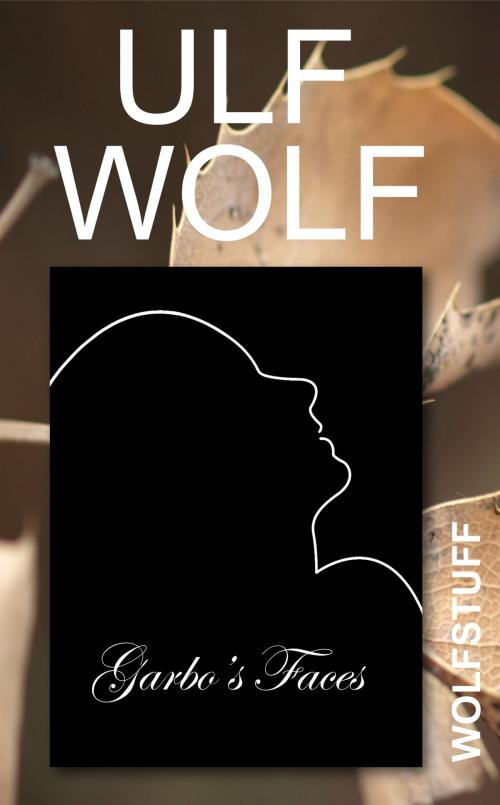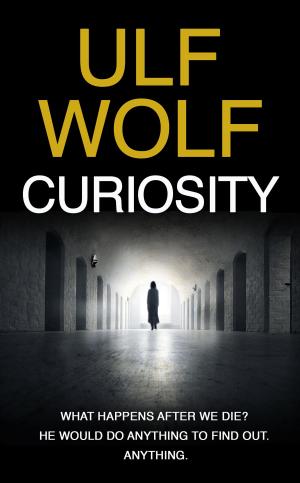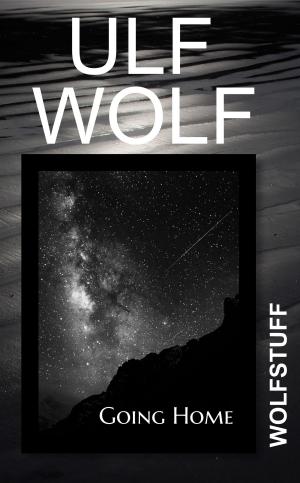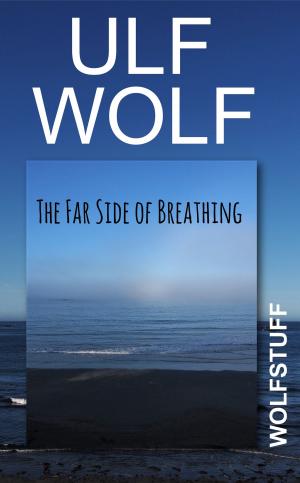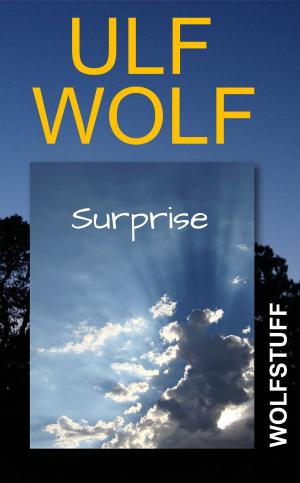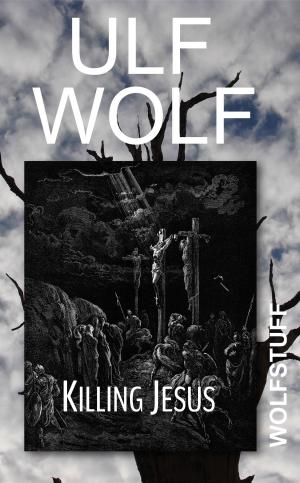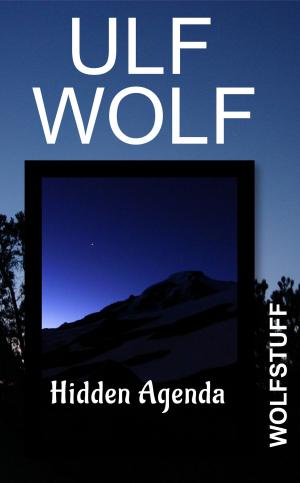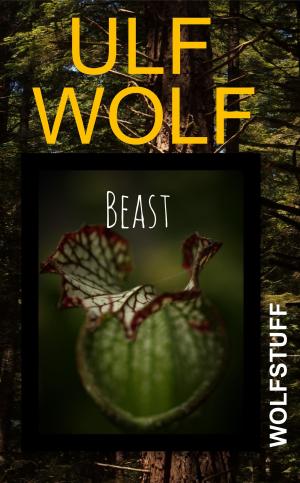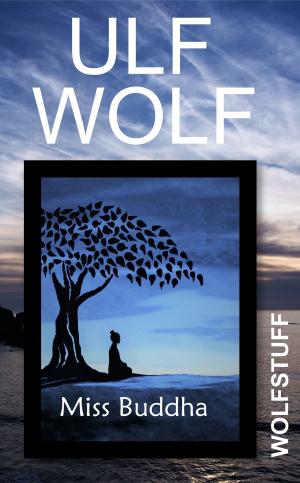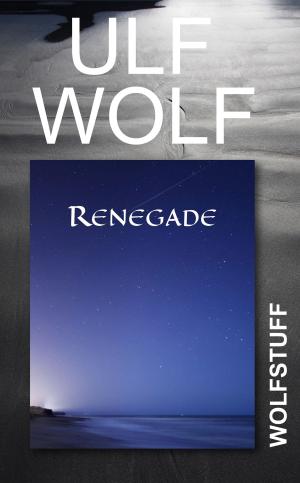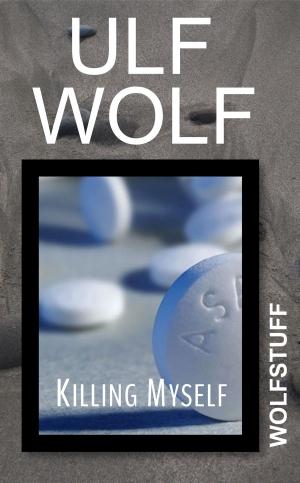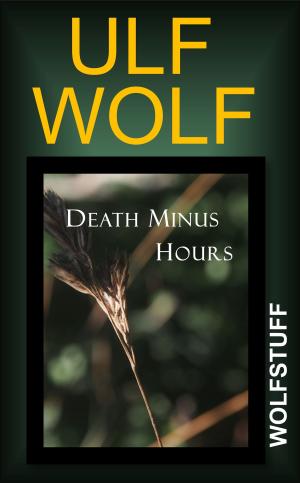| Author: | Ulf Wolf | ISBN: | 9781301648429 |
| Publisher: | Ulf Wolf | Publication: | November 4, 2012 |
| Imprint: | Smashwords Edition | Language: | English |
| Author: | Ulf Wolf |
| ISBN: | 9781301648429 |
| Publisher: | Ulf Wolf |
| Publication: | November 4, 2012 |
| Imprint: | Smashwords Edition |
| Language: | English |
Five-Stars: "Ulf Wolf has created a magical tale that crosses continents and cultures, seamlessly weaving Scandinavian and Indian folklore and establishing an underlying message of universal connectedness. It is an engaging story of relationships: a son's to a mother, an actress' to the world, the myths of one culture to another. The novel is rich in literary detail: astute readers will recognize references to Mark Helprin's Winter's Tale, and film buffs will easily identify Greta Garbo as the actress on whom Harriet is based (and who used the alias "Harriet Brown" frequently throughout her life.)" Laura Strachan -- Strachan Literary Agency
When Nachiketa is 23 his father reveals to him that his mother is the reclusive Swedish film star, “Harriet Brown” (an alias that Greta Garbo often used). No one knows this and no one must ever know.
Nachiketa and Harriet do eventually meet and together embark on a decades-long spiritual journey of sporadic meetings, prolonged silences, and extraordinary, shared experiences complete with ancient snakes, trolls, and a mysterious white horse that originally belonged to Mark Helprin. And the boy who was once given away will become the person who knows his mother best.
This is all a lie, of course, but a lie that tells the truth.
====
Prologue
When my mother was twelve years old, directing imaginary plays from the little outhouse roof in her tenement back yard, she knew that there was absolutely nothing wrong with the world.
Standing by her living room window, catching a brown and watery glimpse of the East River these many years later, she knew it to be a bad place.
Whether this knowledge had gathered little by little over the intervening years—cloud by cloud, regret by regret—and just now let on; or whether it had sprung: gray horizon to horizon upon an unsuspecting sky just moments ago, since breakfast, she couldn’t tell. Only that it was so obvious now.
But she mustn’t let this ruin her day. She slipped into her beige duffle coat, donned her sunglasses, covered her head with a gray and black scarf, patted her coat pocket to hear the keys tinkle, made sure she had her cigarettes, and her lighter, and without as much as a word of good-bye to Claire, headed out for her morning walk.
====
A Gift
My mother gave me away when I was two weeks old. Yes: I was a gift. That’s what she later told me: a gift. Of course, I was also the unthinkable, in a world that must never know about me, at least not the world which knew and celebrated her. I was to be hidden from it.
Later I realized that I was also to be hidden from her, the deeper the better.
“And given sounds so much better than hidden, don’t you think?” she said once after I had come to know her. “And so much better than unthinkable.”
The original benefactee—if I can be permitted to invent a word—was my father. His name was Jiddu and at that time (I was born April 10, 1928) he was a reasonably well known mystic. Indeed, he was quite famous in his day, even though today, if remembered at all, he seems more myth than man. Still, he has left a bit of a legacy, along with not a few schools and foundations scattered here and there about the world. But the man on the street, were you to mention his name, would look at you blankly, take his time, and then shake his head.
At first Jiddu argued that she should keep me. “Children should be with their mothers,” he said. “That’s why women give birth and not men.” Besides, would a child not be in his way as much as in hers? This, however, he soon had to admit—even to himself—simply was not true. Sure, to him I would be a burden, an inconvenience and an embarrassment, but to her I would be the end of a career, the end of a successful life.
So in the end he relented—though, from what she later told me, not all that gracefully—and accepted me: a gift to be hidden.
Five-Stars: "Ulf Wolf has created a magical tale that crosses continents and cultures, seamlessly weaving Scandinavian and Indian folklore and establishing an underlying message of universal connectedness. It is an engaging story of relationships: a son's to a mother, an actress' to the world, the myths of one culture to another. The novel is rich in literary detail: astute readers will recognize references to Mark Helprin's Winter's Tale, and film buffs will easily identify Greta Garbo as the actress on whom Harriet is based (and who used the alias "Harriet Brown" frequently throughout her life.)" Laura Strachan -- Strachan Literary Agency
When Nachiketa is 23 his father reveals to him that his mother is the reclusive Swedish film star, “Harriet Brown” (an alias that Greta Garbo often used). No one knows this and no one must ever know.
Nachiketa and Harriet do eventually meet and together embark on a decades-long spiritual journey of sporadic meetings, prolonged silences, and extraordinary, shared experiences complete with ancient snakes, trolls, and a mysterious white horse that originally belonged to Mark Helprin. And the boy who was once given away will become the person who knows his mother best.
This is all a lie, of course, but a lie that tells the truth.
====
Prologue
When my mother was twelve years old, directing imaginary plays from the little outhouse roof in her tenement back yard, she knew that there was absolutely nothing wrong with the world.
Standing by her living room window, catching a brown and watery glimpse of the East River these many years later, she knew it to be a bad place.
Whether this knowledge had gathered little by little over the intervening years—cloud by cloud, regret by regret—and just now let on; or whether it had sprung: gray horizon to horizon upon an unsuspecting sky just moments ago, since breakfast, she couldn’t tell. Only that it was so obvious now.
But she mustn’t let this ruin her day. She slipped into her beige duffle coat, donned her sunglasses, covered her head with a gray and black scarf, patted her coat pocket to hear the keys tinkle, made sure she had her cigarettes, and her lighter, and without as much as a word of good-bye to Claire, headed out for her morning walk.
====
A Gift
My mother gave me away when I was two weeks old. Yes: I was a gift. That’s what she later told me: a gift. Of course, I was also the unthinkable, in a world that must never know about me, at least not the world which knew and celebrated her. I was to be hidden from it.
Later I realized that I was also to be hidden from her, the deeper the better.
“And given sounds so much better than hidden, don’t you think?” she said once after I had come to know her. “And so much better than unthinkable.”
The original benefactee—if I can be permitted to invent a word—was my father. His name was Jiddu and at that time (I was born April 10, 1928) he was a reasonably well known mystic. Indeed, he was quite famous in his day, even though today, if remembered at all, he seems more myth than man. Still, he has left a bit of a legacy, along with not a few schools and foundations scattered here and there about the world. But the man on the street, were you to mention his name, would look at you blankly, take his time, and then shake his head.
At first Jiddu argued that she should keep me. “Children should be with their mothers,” he said. “That’s why women give birth and not men.” Besides, would a child not be in his way as much as in hers? This, however, he soon had to admit—even to himself—simply was not true. Sure, to him I would be a burden, an inconvenience and an embarrassment, but to her I would be the end of a career, the end of a successful life.
So in the end he relented—though, from what she later told me, not all that gracefully—and accepted me: a gift to be hidden.
